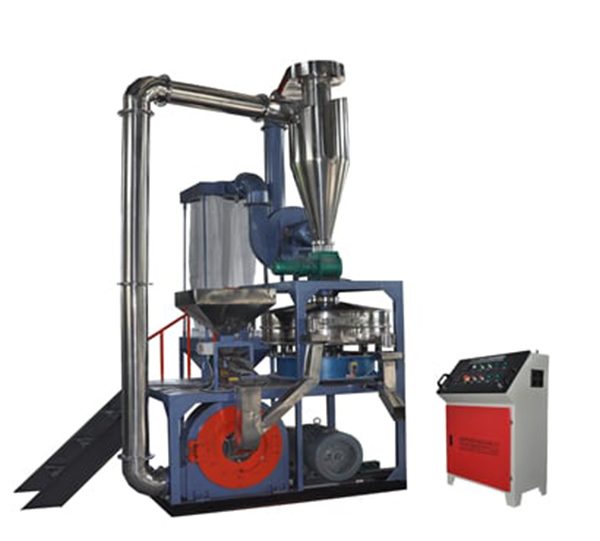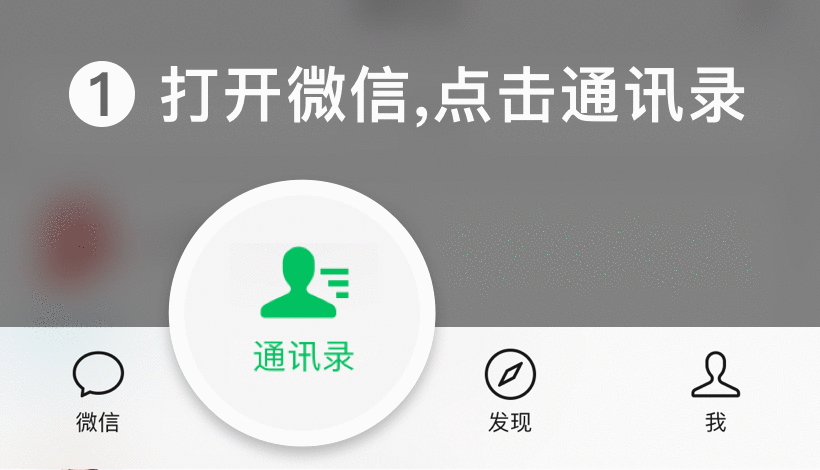Pulverizers provide material size reduction services for customers with a variety of goals, such as creatine powder for medicine, creating pulp for paper production, grinding grain for food production, tire-shredding and recycling, breaking down building materials, turning soil, crushing vehicles for scrap, grinding rock samples, and more.
Some of the industries that rely on pulverizers include construction, agriculture, industrial manufacturing, power generation, pharmaceutical products development, landscaping, laboratory, printing, recycling, and material processing.
Pulverizers are generally sorted into three main categories: crushers, impactors and grinding mills. Crushers are designed to reduce the size of large, dense materials such as rock and stone to gravel or dust. Primarily, crushers are used for size reduction, easy disposal or recycling and to simplify differentiation of materials.
One of the most common crusher designs is the jaw crusher, which has two jaws, one that is stationary and one that is mobile. Impactors also referred to as impact crushers, are very similar to crushers but differ in the manner of size reduction. Impaction is force that is transmitted through a collision or by striking one body against another, whereas crushing is the use of pressure created by two opposing forces.
Crushing and impacting utilize pressure and collision-wrought force. Grinding mills use friction to break down materials. The friction in grinding mills is brought about as a result of grinding media, which can refer to many different coarse materials such as non-sparking lead, ceramics, brass, bronze and flint.
Two common types of grinding mills are ball mills and hammermills. A ball mill is constructed from a rotating cylinder that is mounted horizontally. They use grinding media such as steel balls or rods, which, as the cylinder turns, are tossed around the cylinder, smashing into the material to be grinded as they do so. Hammermills utilize numerous hammers encased in steel that rapidly revolve in a vertical plane.
How Pulverizer Work
Pulverizers process materials in batches or continuously by accepting incoming material, often on a conveyor, rotating it and pressing a crushing into it, then sending it out. They may also cool, heat, or aerate material as it exits. For the convenience of the user, pulverizers can crush materials to varying levels of fineness, from very fine to coarse.
Pulverizer Types
Typically, pulverizers are sorted into three major groups: grinding mills, crushers, and impactors. Note that within these groups are many specific types of pulverizers, defined by their application, such as coal pulverisers, concrete pulverizers, plastic pulverizer, food pulverizers, and plastic pulverizers.
Grinding mills break down materials using friction, which they generate via grinding media. Any number of coarse materials may serve as grinding media, but some, such as brass, bronze, ceramics, flint, and non-sparking lead, are more common than others. The two most utilized types of grinding mills are hammer mills and ball mills.

Hammer mills are primarily used on farms, where they grind chaff and grain using vertically revolving hammers that are encased in steel or stainless steel.
Ball mills, on the other hand, grind material using steel rods, steel balls, or similar media. The mills themselves are quite simple, consisting of a horizontally-mounted rotating cylinder and liners that protect the cylinder from wear and tear. To work, users place the media inside the cylinder, where it is tossed or tumbled.
Tube mills are so similar to ball mills that people sometimes use their names interchangeably. Tube mills also consist of a revolving cylinder and liners, but they are typically larger and use media that is mixed with water to achieve fine pulverization. This media feeds in at one end and is passed out the other as slurry.
Contact Us For High-Quality Machines
There is no better time to invest in quality products than now. We produce cost-effective and high-quality products that meet the requirements of our clients. Kindly contact us for your machine. We look forward to partnering with you for a lasting business transaction. Try us today!
+86-512-58639891
Tel[email protected]
E-mailAdd
NO.7, North of Renmin Road, Changyinsha, Zhangjiagang City, Jiangsu Province, China.